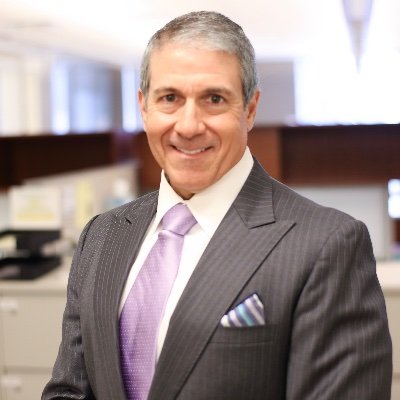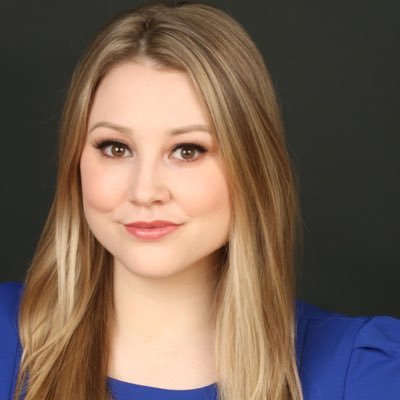
Red✨
@RedMGthaOG
Followers
4K
Following
10K
Media
598
Statuses
9K
Owner of GCR TrueNews ™ Financial, Precious Metals, Banking industry, Cryptocurrency upgrades and changes, and overall transition into the eventual GCR ✨
Joined September 2022
💬LET'S TALK CURRENCY CONVERTIBILITY PT. 2 💡 🇮🇶 IRAQ EDITION 🇮🇶 So, we have learned what open convertibility means. Now let's apply it to the real world and take a look at the factors in that transition and what we could expect to hear in the media. 🔻 ➡️ Macroeconomic
💬 LETS TALK CURRENCY CONVERTIBILITY ➡️ Currency convertibility refers to the ability of a country's currency to be exchanged for another currency without restrictions or penalties. It signifies how easily a currency can be traded on the foreign exchange market at market
6
12
108
No it’s not, look deeper, there isn’t a law finalized, and according to Basel, The WGC, and LMBA themselves gold did not get a boost in status. This is incorrect at best. Yes, I can provide links as well 👇🏻
1
0
3
👀Some further details to $XLM involvement with government leaders. Recently we saw the Marshall Islands govt had adopted Stellar for UBI payments. But within the partnership they revealed an additional key detail about Stellar's work with the UN... We already know Stellar's
15
69
297
I'm all out of rhymes. Instead, find time over the weekend to realize that something historic is taking place and that you are here as witnesses.
54
85
879
As @KingKong9888 and I discussed. The heart of the LBMA is a promissory note, a derivative that keeps the physical logistics smoothed like a purely financial asset. in practical terms: The heart of the problem in silver is that at the very center of a “physical” market in fact
11
68
356
🚨JUST IN: The Fed is requesting public feedback on a proposed “skinny master account,” aka a limited purpose alternative to a full master account that would allow eligible firms to clear and settle payments on Fed rails without interest, Fed credit, or unlimited balances. The
53
198
857
We had a great call today with Chairmen @SenatorTimScott and @JohnBoozman who confirmed that a markup for Clarity is coming in January. Thanks to their leadership, as well as @RepFrenchHill and @CongressmanGT in the House, we are closer than ever to passing the landmark crypto
454
1K
6K
The credit union version of this #GENIUSAct rule will be out shortly. #stablecoins
🚨NEW: This morning, the @FDICgov Board voted to open a 60-day public comment period on its process for banks seeking to issue stablecoins via subsidiaries. It’s the first official rulemaking proposal to come from the passage of the GENIUS Act. https://t.co/eCP081xKv0
6
37
208
Rust was always a better choice, reminds me of other chains that chose Rust to start out with… 😉☕️
🚨 XRPL Rewrite Incoming? Ripple CTO David Schwartz confirms serious discussions around rewriting the XRP Ledger in Rust potentially the most radical upgrade in XRPL history 🔥 What’s on the table 👇 ✅ Modular refactor under review ✅ Possible VM-based transaction engine ✅ No
1
0
2
A powerful milestone in the mainstream adoption and acceptance of USDC, with Visa announcing that all US card issuers (banks, fintechs, crypto firms) can now settle directly with Visa using USDC. Visa also working with Circle to prepare for launching on @Arc. Dollar digital
99
226
1K
➡️ https://t.co/0JsJLltxnl This is the “vote” so many are hearing about today in the Senate. Please be advised this is NOT a vote on the Senate floor for the passing of the Clarity Act. A very popular influencer has made allegations this is today and it’s the main vote for this
2
2
13
The Capital Markets and Technology Association (CMTA), a leading organization developing standards for tokenized assets, has adopted the Chainlink interoperability standard. https://t.co/p2Er4vS5Ai CMTA tokens are now natively transferable across the multi-chain economy.
76
161
985
BREAKING: BitGo (@BitGo), a Hedera Governing Council member, has received conditional approval from the U.S. @USOCC to become a national trust bank. BitGo can now hold crypto under U.S. banking rules nationwide, making it easier for institutions to use networks like @Hedera.
Congratulations to Hedera Council member @bitgo on this milestone. Hello future.
7
168
836
It wasn’t just Ripple, Circle got the charter too. This places USDC is the same arena all the XRP maxis are placing RLUSD. For the millionth time, there is more than Ripple in this space. Over the moon for Circle and the rest of the 5 that were granted charters earlier today.
“This milestone deepens Circle’s commitment to the highest standards of trust and compliance.” - @jerallaire Circle has received conditional approval from the OCC to establish First National Digital Currency Bank, N.A., a key step toward GENIUS Act compliance and further
1
0
4
Remember SWIFT said that they were adding a blockchain based ledger to their stack. They are partnered with Consensys to create the prototype now. They are in current testing within the prototype. SWIFT plans on expanding this testing and prototype in 2026. BIG things happening!
In September, we announced plans to add a blockchain-based ledger to our infrastructure. But what is the ledger? Who is it for? And what will it achieve? It’s a move that will be a game-changer for cross-border payments, providing a shared, real-time record of transactions
0
0
2
➡️ https://t.co/l0CjabWm4z The OCC conditionally approved applications for de novo national trust bank charters for First National Digital Currency Bank and Ripple National Trust Bank. The OCC also conditionally approved applications to convert from a state trust company to a
0
2
8



















